The most productive AI-powered development teams aren't necessarily the most technically skilled. They're the ones that know exactly what to ask for. That clarity is becoming your competitive moat.
Consider this: when AI suggests code, experienced developers immediately spot what's missing - error handling, edge cases, performance considerations. Less experienced developers might accept the first suggestion. The difference isn't solely coding ability (although that does have a bearing). It's specification clarity. And that difference is reshaping how organisations build competitive advantage through software and product ownership.
The experience advantage creates enterprise risk
Right now, AI-powered development tilts heavily towards senior talent. Those with years of experience already know how to frame problems for AI systems. They have the vocabulary, foresight, and context to translate business needs into specifications that AI can execute effectively.
This creates what we call the specification gap: teams that know how to ask the right questions get exponentially better results. A senior developer might prompt: "Build a user authentication system with JWT tokens, rate limiting, and graceful failure modes for third-party OAuth providers." A junior might ask: "Build user login." Same business goal, vastly different commercial outcomes.
The enterprise risk is clear: organisations become bottlenecked by their most experienced people, whilst junior talent struggles to contribute meaningfully. Traditional scaling through the addition of more developers? No, that doesn't solve the real constraint.
The new competitive advantage: Specification intelligence
Forward-thinking organisations are recognising that the future of engineering isn't about code alone. It's about specification intelligence. What do I mean by that?
It’s the ability to frame problems clearly enough that both AI and humans can execute with confidence. We’re seeing attempts to standardise this already with respositories like GitHub’s Speckit. Time will tell whether that will gain critical mass adoption of not.
This shift to agent enabled engineering is creating new hybrid roles and capabilities:
Engineers developing product management literacy: understanding not just "what should we build" but "why are we building it this way?"
Requirements definition becoming core engineering competency, as critical as debugging
Specification architects who can translate business context into AI-executable frameworks
Companies like GitHub, Stripe, and Vercel are on this journey already. They're building better specification cultures that amplify every team member's impact.
To be fair, the agile approach to product development and the BDD style of requirements capture already insist on this style of robust specification, so anyone following those approaches are already on the way.
AI as trust infrastructure, not just tooling
The real breakthrough comes when AI systems become trusted partners in the specification process, not just code generators.
Imagine an AI development environment that responds to "build user login" with: "What authentication methods align with your security policy? How should this handle failed attempts? What data sovereignty requirements apply?" Suddenly, junior developers are being guided through the same risk assessment a senior would perform instinctively.
Imagine a coding agent that doesn’t just answer with generic questions about approach, but knows your team’s style and that you already leverage a particular OAuth approach and suggests that as the direction to go in.
We’re talking about building a trust architecture. When AI systems can reliably guide teams through proper specification processes, supported by a semantic understanding of your engineering team’s previous work where applicable, organisations can confidently deploy broader talent whilst maintaining quality and governance standards. Trust becomes operational infrastructure that enables scale, not a compliance checkbox that restricts it.
Building unreplicable organisational intelligence
This approach creates something competitors can't simply copy: compound organisational intelligence.
When specification clarity becomes embedded in your development culture:
Senior expertise gets crystallised into reusable frameworks rather than remaining in individual heads
Junior developers absorb best practices through AI-mediated processes rather than years of trial and error
The organisation builds institutional knowledge that accelerates every subsequent project
This approach significantly improves onboarding for new developers by providing structured guidance through complex systems and requirements. New team members can contribute meaningfully much faster, whilst the codebase itself becomes more maintainable as the AI coaches teams through established patterns and best practices. The result is a more resilient product with fewer production issues, as developers at all experience levels benefit from embedded organisational knowledge rather than merely generated code.
The enterprise transformation
This evolution doesn't replace expertise. No. the plan is to multiply it across the organisation. Seniors become specification architects and quality gatekeepers. Juniors become productive executors with intelligent guardrails. The business gets both velocity and reliability.
More importantly, it fundamentally changes your talent equation. Instead of competing for the shrinking pool of senior developers, you can unlock the much larger pool of product-minded engineers who understand business context but may lack decades of technical experience.
The organisations that master specification intelligence won't just build software faster - they'll build software that competitors can't replicate, because the intelligence embedded in their development culture becomes their competitive moat.
The future belongs not to those who write the cleverest code, but to those who ask the smartest questions.
AI is making that organisational capability scalable for the first time.
I’m currently really focussed on helping enterprises build the specification cultures, trust architectures, and agentic workflows that turn AI from a productivity tool into competitive advantage. If you're ready to move beyond traditional scaling models and create compound organisational intelligence that competitors can't replicate, let's explore how your development culture can become your competitive moat.
What's your experience with AI-powered development teams? Where do you see the biggest specification gaps in your organisation?
Connect with me to discuss how specification intelligence can transform your engineering capability.

















